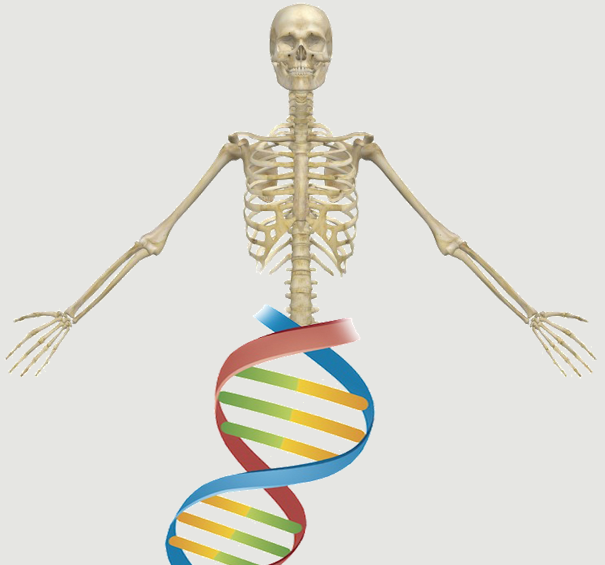Abstract:
Bone regeneration achieved using mesenchymal stem cells (MSCs) and nonviral gene therapy holds great promise for patients with fractures seemingly unable to heal. Previously, MSCs overexpressing bone morphogenetic proteins (BMPs) were shown to differentiate into the osteogenic lineage and induce bone formation. In the present study, we evaluated the potential of osteogenic differentiation in porcine adipose tissue- and bone marrow-derived MSCs (ASCs and BMSCs, respectively) in vitro and in vivo when induced by nucleofection with rhBMP-2 or rhBMP-6. Our assessment of the in vivo efficiency of this procedure was made using quantitative micro-computed tomography (micro-CT). Nucleofection efficiency and cell viability were similar in both cell types; however, the micro-CT analyses demonstrated that in both ASCs and BMSCs, nucleofection with rhBMP-6 generated bone tissue faster and of higher volumes than nucleofection with rhBMP-2. RhBMP-6 induced more efficient osteogenic differentiation in vitro in BMSCs, and in fact, greater osteogenic potential was identified in BMSCs both in vitro and in vivo than in ASCs. On the basis of our findings, we conclude that BMSCs nucleofected with rhBMP-6 are superior at inducing bone formation in vivo than all other groups studied.
Notes:
Mizrahi, O Sheyn, D Tawackoli, W Kallai, I Oh, A Su, S Da, X Zarrini, P Cook-Wiens, G Gazit, D Gazit, Z eng Research Support, Non-U.S. Gov't Research Support, U.S. Gov't, Non-P.H.S. England 2012/06/22 06:00 Gene Ther. 2013 Apr;20(4):370-7. doi: 10.1038/gt.2012.45. Epub 2012 Jun 21.
Website

